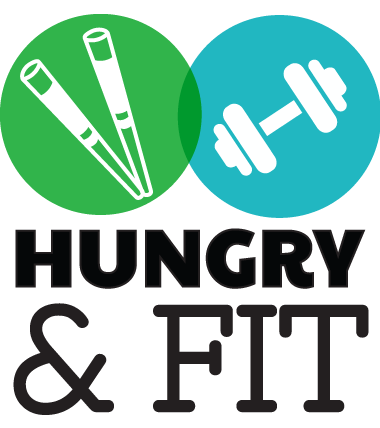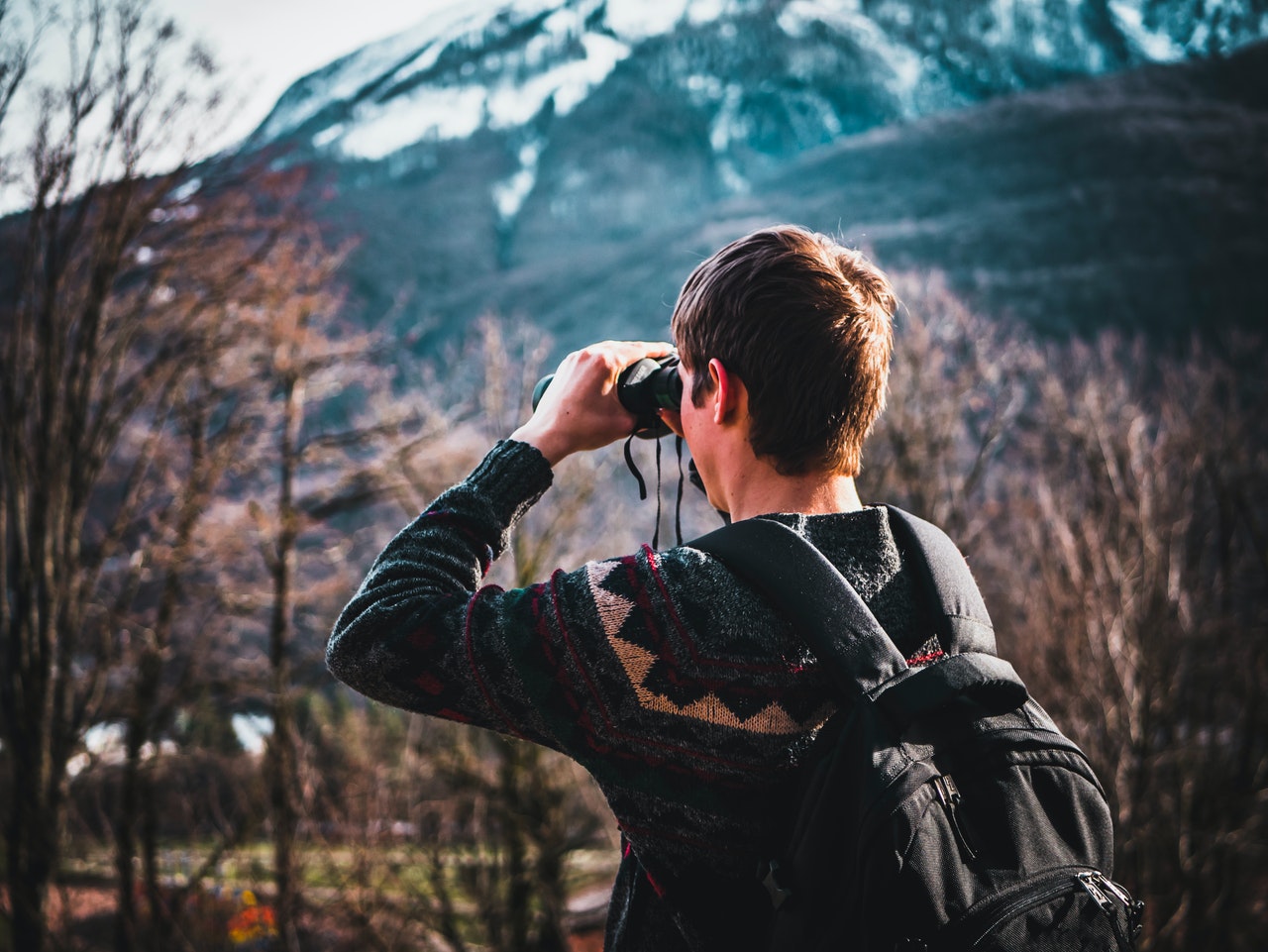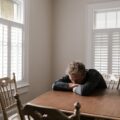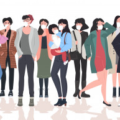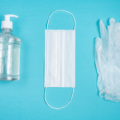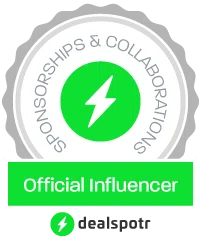Alcohol addiction is a condition affecting many people. Physicians refer to this condition as Alcohol Use Disorder (AUD), and it is officially a medical condition that requires treatment. In 2019, more than 14 million people aged 12 years and older had this disorder. Research indicates that more than half of those who go through rehab for treatment relapse within just a year after leaving the health facilities. In 2019, when the Covid-19 disease hit the world, many individuals practicing sober living went back to drinking. There are various reasons why they relapsed, including idleness and other government restrictions. If you are one of those affected, here is what you should do to get back on track.
Join Sober Social Support Groups
Many social resources or institutions have shut down to comply with the Covid-19 restrictions. Shutting these institutions has significantly affected those who might require assistance due to addiction. However, there are a lot of support groups that one could join to continue through with their recovery process. You may not have to meet physically and exchange experiences while supporting one another, but you can meet online without having to leave the comfort of your home. The advantage of online meetings is that you can attend different meetings even in other states without traveling long distances.
Found a Home Practicing Living Sober
Despite many public institutions where you can find help shutting down, structured homes can provide similar assistance. These homes ensure that recovery programs remain active to prevent as many people as they can from relapsing. If you feel like your journey to being completely sober is facing a challenge, consider signing yourself to one of these homes. They have some of the best facilities, professionals, and communities that keep you on the right track so that you remain sober during this pandemic. You will become a part of a small sober community and a safe environment to live without potential triggers that could get you back to your addiction.
Avoid Isolation
Government restrictions such as curfews and lockdowns have forced people to stay indoors to curb the spread of the virus. Human beings, social animals, find it exceedingly difficult to adhere to these social isolation protocols. If you live alone, these measures can take a toll on you. If you have a drinking problem, isolating yourself could exacerbate that particular problem. Instead of staying in your house alone, find friends or family that support your recovery process. Engaging with such will drift your mind away from alcohol and keep you safe and sober.
Avoid any Alcohol Triggers.
Most people in recovery tend to relapse just about a year after completing their treatment programs. One of the main causes of relapsing is exposing yourself to environments that could have you drinking again. Avoid visiting restaurants and bars that serve alcohol since you could easily get tempted to have a drink. The moment you get even a glass of alcohol, you will soon find yourself drinking even more. The best course of action is to avoid such places entirely.
